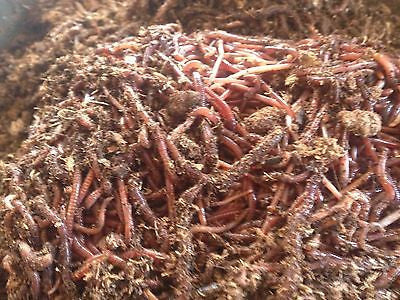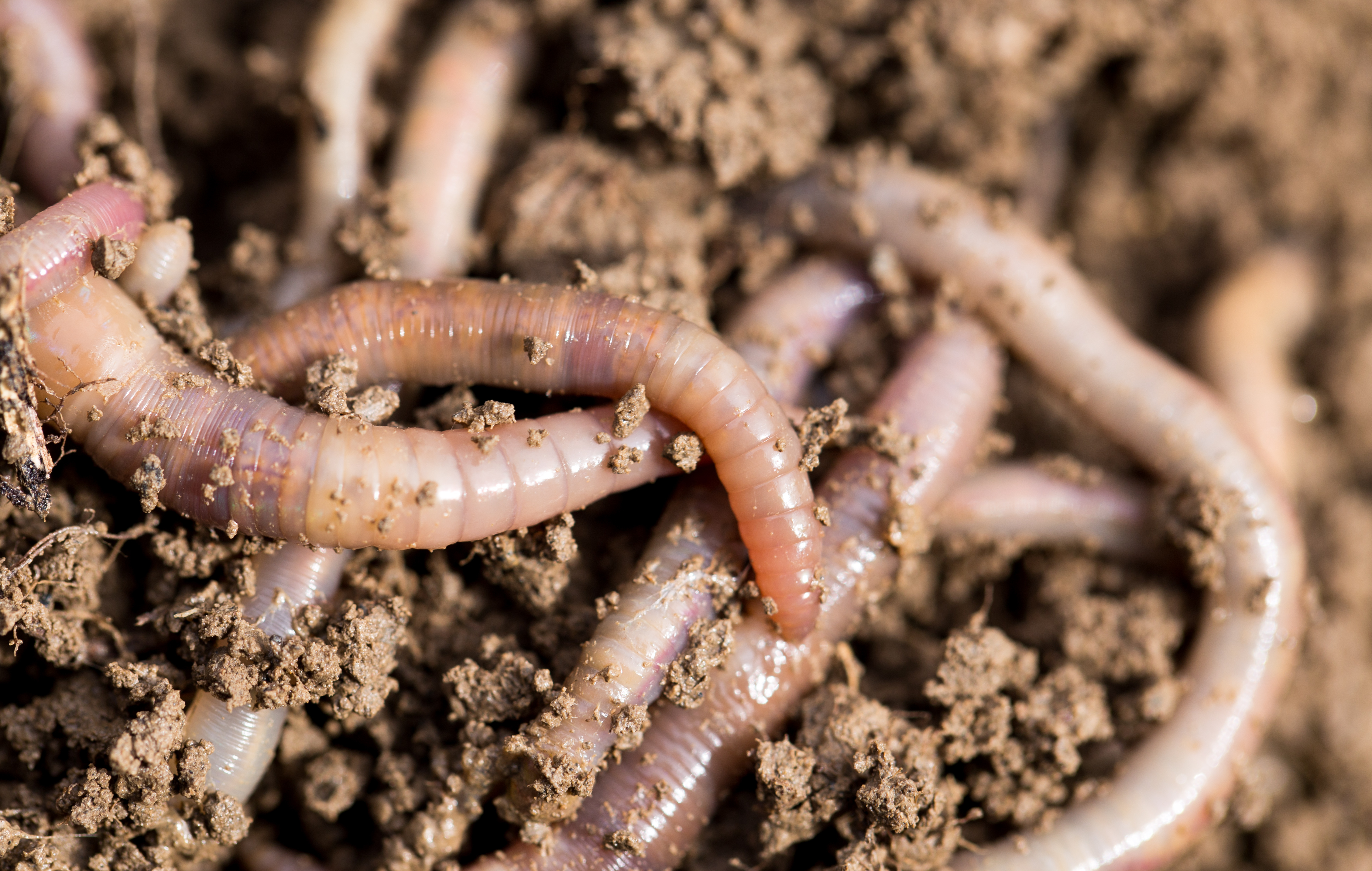Organic Composting with Red Wiggler Worms - Boost Your Yard's Development
Red Wiggler Worms Demystified: Opening the Secrets of Vermiculture for Greener Living and Nutrient-Rich Soil
In the realm of sustainable methods for improving soil quality and advertising eco-conscious living, red wiggler worms play an essential yet commonly forgotten duty. Red Wiggler Worms. Recognizing the complexities of caring for these worms, maximizing their atmosphere, and harnessing their castings can lead to a greener lifestyle and healthier dirt for plants to flourish.
The Duty of Red Wiggler Worms
Red Wiggler worms play an important duty in composting systems by successfully breaking down organic issue into nutrient-rich spreadings. These ravenous eaters consume a range of organic materials, such as kitchen scraps, backyard waste, and paper items. As they feed, the worms' digestive processes break down the natural matter into a penalty, dark, and nutrient-dense material called worm castings or vermicompost.
The castings produced by Red Wiggler worms are highly beneficial for dirt health and plant development. They are rich in crucial nutrients like phosphorus, nitrogen, and potassium, which are important for sustaining healthy and balanced plant development. Furthermore, worm castings include useful microbes and enzymes that help boost dirt structure, rise water retention, and improve nutrient uptake by plants.
Benefits of Vermicomposting

It enhances dirt structure, enhances dirt aeration, and boosts dirt wetness retention. Vermicompost additionally enhances the soil with important nutrients like nitrogen, potassium, and phosphorus, promoting plant growth and general dirt fertility.
Additionally, vermicomposting assistances sustainable gardening methods by providing a chemical-free and natural option to synthetic plant foods. Red Wiggler Worms. This ecologically pleasant approach not just enriches the soil yet likewise aids lower reliance on harmful chemicals, advertising a greener and much more sustainable way of horticulture
Establishing a Worm Bin
When developing a worm bin for vermicomposting, correct configuration is critical to make certain the success of the composting procedure. The initial action in establishing up a worm container is choosing an ideal container. This can be a plastic bin or wooden box that gives adequate area for the worms to relocate around and has appropriate drainage holes to stop waterlogging. Next, a bed linen product such as shredded newspaper, cardboard, or coconut coir must be included in the bin. This bed linens click to read more supplies a comfortable atmosphere for the worms and helps maintain wetness degrees.
After adding the bed linen, introduce the red wiggler worms to the container. The worms must after that be provided with food scraps such as fruit and veggie peels, coffee grounds, and eggshells.
Regularly keep track of the wetness degrees and temperature in the worm bin to make sure optimal conditions for the worms. With proper setup and upkeep, the worm container will effectively transform organic waste into nutrient-rich garden compost for your plants and garden.
Harvesting Worm Spreadings
To effectively accumulate nutrient-rich worm spreadings from your vermicomposting system, an organized harvesting technique is vital. There are a few key actions to follow to make sure an effective process when it comes time to collect the worm castings. First of all, quit including fresh food scraps away of the worm container for a number of weeks before collecting. This encourages the worms to migrate to the side with fresh bed linen and food, making it simpler to scoop out the spreadings from the other side.

Troubleshooting Common Issues
Recognizing and click here to find out more attending to common obstacles that may emerge throughout the vermicomposting process is essential for keeping a effective and healthy worm container. Adding excess food scraps can lead to an accumulation of dampness and acidity in the worm bin, possibly damaging the worms. Another problem is unpleasant odors originating from the worm bin.
In addition, if the worm populace is declining or the worms show up harmful, maybe because of ecological stress factors such as severe temperature levels or pH levels. Checking these aspects and making needed modifications is important for the health of the worms. By repairing these common problems immediately, vermicomposters can guarantee a smooth and effective vermicomposting procedure while maintaining a growing worm population.

Verdict
In verdict, red wiggler worms play an important function in vermiculture by breaking down organic issue right into nutrient-rich soil. The advantages of vermiculture include greener living and improved soil high quality. Setting up a worm bin is essential for successful vermiculture, and gathering worm spreadings provides valuable garden compost for horticulture. By comprehending and fixing typical problems, people can unlock the keys of vermiculture for lasting living and much healthier dirt.
As they feed, the worms' digestive system processes break down the organic matter into a fine, dark, and nutrient-dense material known as worm spreadings or vermicompost.
The castings generated by Red Wiggler worms are extremely advantageous for soil health and wellness and plant development. Including excess food scraps can lead to an accumulation of dampness and acidity in the worm bin, possibly hurting the worms.Furthermore, if the worm population is declining click here to find out more or the worms show up harmful, it could be due to ecological stressors such as severe temperatures or pH levels. Setting up a worm bin is necessary for successful vermiculture, and harvesting worm castings gives beneficial garden compost for horticulture.